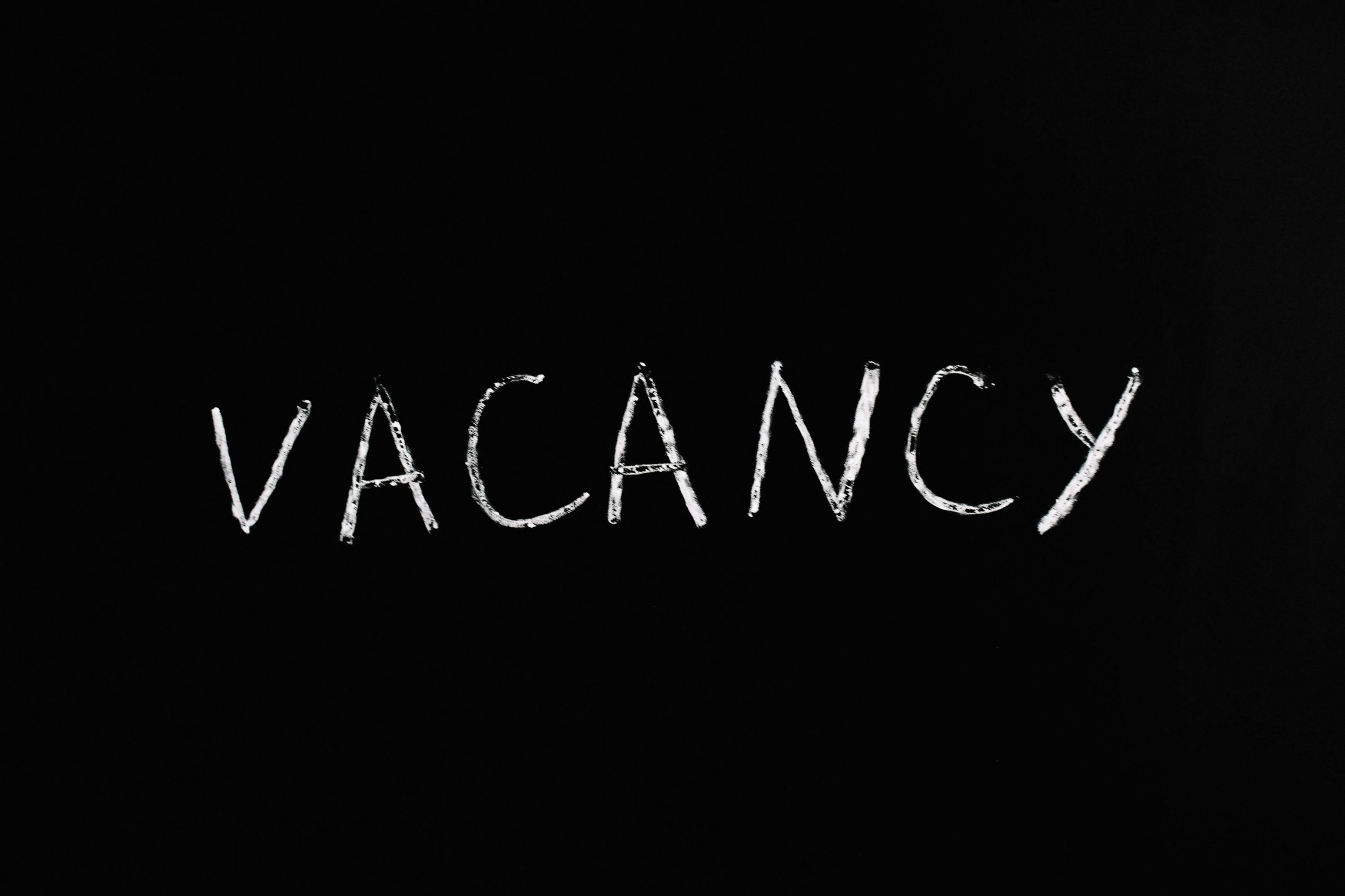Outsourcing legal work saves time and money; however, many firms still hesitate. The fear of data breaches, compliance violations, and ethical concerns stops them. According to the American Bar Association, over 30% of small law firms report concerns about outsourcing due to confidentiality and security risks. These are valid worries. Nevertheless, with the right systems in place, firms can outsource legally and safely. This article explains how to outsource legal support while protecting client data, staying compliant, and building trust.

Trust Starts with Compliance: Follow the Rules Before You Delegate
Many countries have strict laws about legal outsourcing. The United States, for example, requires that attorneys maintain full responsibility for any work they delegate. Rule 5.3 of the American Bar Association’s Model Rules of Professional Conduct states that lawyers must ensure that non-lawyer assistants follow ethical standards. This includes outsourced workers.
Failing to follow these rules can have serious consequences. In one case, a firm lost its license temporarily after a virtual assistant leaked confidential settlement information. The issue was not the VA. It was the lack of oversight from the attorney. Firms must also check data-protection laws. The EU’s General Data Protection Regulation (GDPR) and South Africa’s POPIA require secure handling of client information.
Hiring a VA who handles sensitive data without checking compliance can break the law. To stay compliant, law firms should draft contracts that define the assistant’s duties, set clear confidentiality terms, and confirm the firm’s control over the legal work. Firms must train VAs on what they can and cannot do. They must also review the work carefully before it reaches the client. Compliance is not a one-time step. It’s an ongoing responsibility. Once the rules are in place, the next step is making sure that data stays secure.
Protect Client Data Like a Vault: Secure Communication Is Non-Negotiable
Data leaks can destroy a law firm’s reputation. A 2022 report by IBM shows that the average cost of a data breach in the legal industry is over $4.23 million. Clients trust lawyers with their most personal information. If this trust breaks, the damage is hard to fix.
Firms must use secure channels to share files and messages with virtual legal assistants. Avoid free cloud services or personal email accounts. Instead, use encrypted communication tools such as Signal, ProtonMail, or secure client portals. Tools such as Clio or MyCase also offer secure document-sharing that meets legal standards.
Access control is just as important. A VA should not have access to all firm files. Give these assistants only what they need for the task. Use two-factor authentication to protect login details. Change passwords often—set expiration dates for file access and track downloads. One small mistake can lead to a data breach.
In 2020, a paralegal working remotely shared a contract over an unencrypted email. That email was intercepted and led to a lawsuit from the client. The firm settled out of court, but the loss of trust hurt long after. Secure communication is a daily habit, not a one-time fix. But even with strong tech, firms must address the human side of outsourcing.

Ethics Are Your Foundation: Set Boundaries and Build a Culture of Trust
Outsourcing does not remove ethical duties. Lawyers remain responsible for the quality and integrity of the work. They cannot blame mistakes on outsourced staff. Ethics must guide every decision.
Confidentiality is the most essential principle. Firms must explain this clearly to every assistant. A non-disclosure agreement (NDA) is a good start, but it’s not enough. A VA must understand what confidentiality means in practice. This includes not talking about clients outside of work and not storing files on personal devices.
The American Bar Association also reminds firms to avoid conflicts of interest. Before hiring a VA, ask if they work with other legal clients. A VA who works for both sides in a case creates a serious conflict. This can lead to disbarment or lawsuits. Make sure that your assistant works only with clients who do not compete or conflict with your own.
Firms must build a culture of accountability. Give feedback often. Set up regular check-ins. Explain the values of your firm and the rules of your profession. A strong ethical base helps prevent problems before they start. When ethics and communication are strong, trust grows. However, firms still need a careful hiring process.
Hire Smart or Pay the Price: Vetting and Training Are Not Optional
Hiring the wrong VA is worse than hiring no one. Many firms rush the process and regret it later. A good virtual assistant can handle intake, draft letters, manage schedules, and track deadlines. Nevertheless, if they lack training or legal understanding, they can hurt your practice.
Start by working with a trusted outsourcing company that specializes in legal support. Platforms such as Aristo Law vet their talent and ensure that VAs have legal experience. Ask for references. Check their past work. Do not skip interviews. This is your firm’s future.
Training should not stop after onboarding. Create clear instructions for every task. Use screen recordings to show how systems work. Schedule weekly reviews. Give VAs access to templates, checklists, and style guides. Treat them as part of the team, but always remain in control of the final product.
A law firm in Texas improved client satisfaction by 25% after hiring a trained VA to manage follow-ups. They saved money, but more importantly, they saved time and avoided burnout. Their only regret was not doing it sooner. A smart hiring process reduces risk. Once your systems are in place, outsourcing becomes a tool for growth, not a source of fear.

Conclusion: Secure, Ethical Outsourcing Is Possible, If You Plan Properly
Legal outsourcing is not a gamble if you take the proper steps. When correctly conducted, it increases efficiency, lowers costs, and gives lawyers time to focus on what matters. However, skipping compliance, ignoring security, or treating VAs like temporary help will lead to trouble. Set up strong contracts. Use secure tools. Teach ethics. Hire wisely.
These steps build a safe and effective remote legal team. If you want to outsource without risk, don’t do it alone. Contact Aristo Law for help finding trained, ethical, and secure legal virtual assistants who understand what your firm needs.

